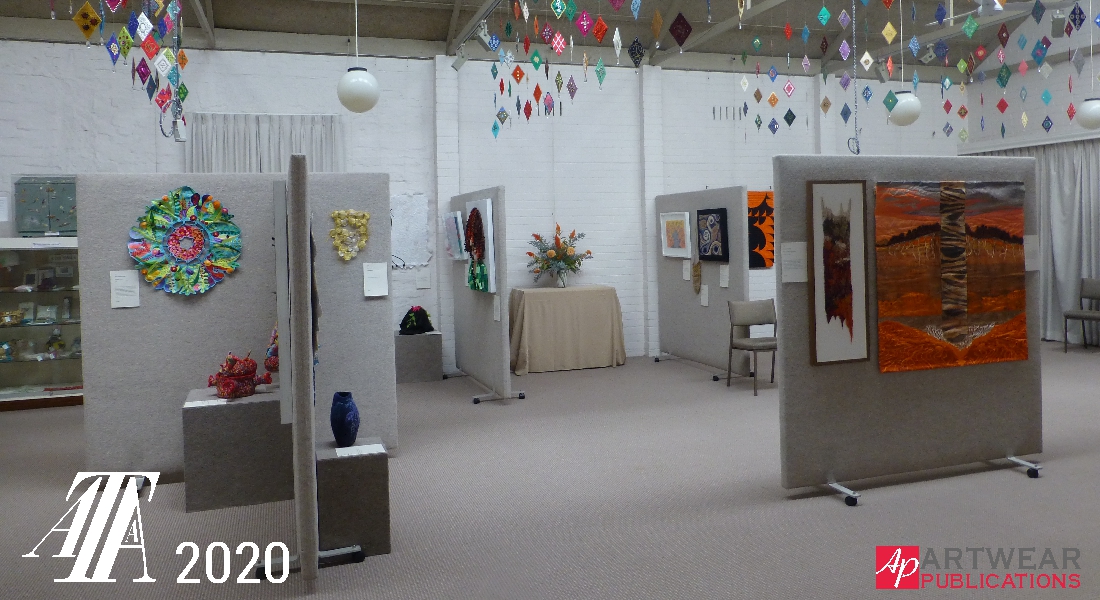
27 Apr ATAA 2020 – Australian Textile Art Award 2020
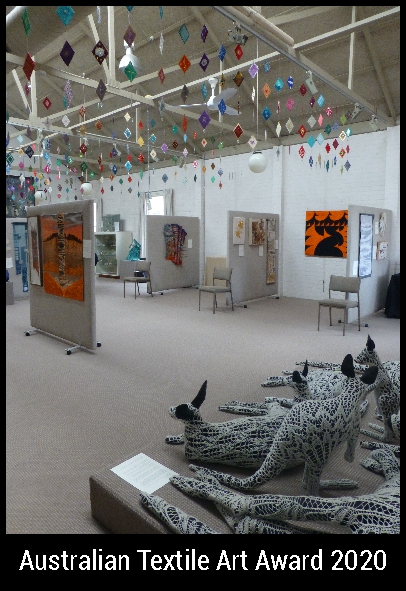
View of the exhibition at The Embroiderers Guild, Victoria, with multitudes of decorated diamonds hanging from the ceiling in celebration of the Guild’s Diamond Jubilee year.
The Australian Textile Art Award (ATAA), run for the first time in 2020, is envisaged to become a nationally important award for textile artists, run biennially. Yes, aiming high! We have some incredible talent here in Australia and the ATAA is viewed as a means by which to showcase the high calibre of our Australian textile artists.
Textile artists from across Australia were invited to enter recent, unseen works and 95 entries were received. The three judges chose the finalists by independently assessing the artworks using the photos and statements supplied by the artists (not knowing who had created the artworks), before coming together and compiling the resultant list of 60 artworks.
Each eligible entry was assessed for:
quality of composition and overall design;
uniqueness of concept, originality and creativity;
technical execution;
choice of technique(s) to impart the message/idea;
and overall impression.
The ATAA winner and other prize winners were judged when all finalist artworks were hung on display at The Embroiderers Guild, Victoria and could be viewed in person by the judges—Lynda Worthington (textile artist, editor Embellish and Vintage Made magazines, and a Director of ArtWear Publications), Liz Sardone (textile artist, and President of the Castlemaine Branch of The Embroiderers Guild, Victoria) and Andrea Taylor (textile artist, tutor, and President of the Victorian Feltmakers). Opening night of the exhibition of the ATAA in mid-March 2020 was able to go ahead, in a reduced form as it coincided with the start of the lockdowns due to the COVID-19 pandemic, and the ATAA winner announced, along with two other prizes.
Lockdowns unfortunately reigned havoc on the viewing of the exhibition—each time the Guild geared up to begin the opening process, further restrictions were applied by the Government. Sadly, the end of 2020 neared and we were unable to open the exhibition to the public. We must thank profusely each of the finalists, whose works were safely kept displayed ready for any opportunity of opening, for their patience and understanding – we were able to sell a few artworks via online sales ☺.
As can be seen above, the exhibition also had a group of visitors, “Mel’s Mob” created by Annette Fitton, lounging on the stage. The mob of sculpted kangaroos had graced streets in Italy in 2019 as part of a yarn bombing event.
We also have some more views from the exhibition further down this blog post.
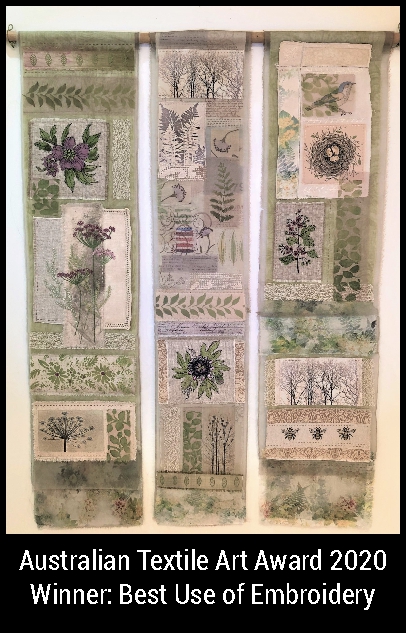
“Pastiche Vert” by Mandy Ginsberg. October 2019. 107 x 77 x 3cm. Materials and Techniques: Combination of cotton and silk fabrics, paint, collage, stencils and both hand and machine embroidery used to build up the layers of the wall hanging.
The winner of the Best Use of Embroidery, sponsored by The Embroiderers Guild, Victoria and judged by the Guild’s President, Wendy Findlay was a piece which displayed both hand and machine embroidery, along with many varied techniques to create smaller pictures within the larger artwork. The artist used the elements of design well and the properties of the different textiles within the piece to great effect. Winner: “Pastiche Vert” by Mandy Ginsberg.
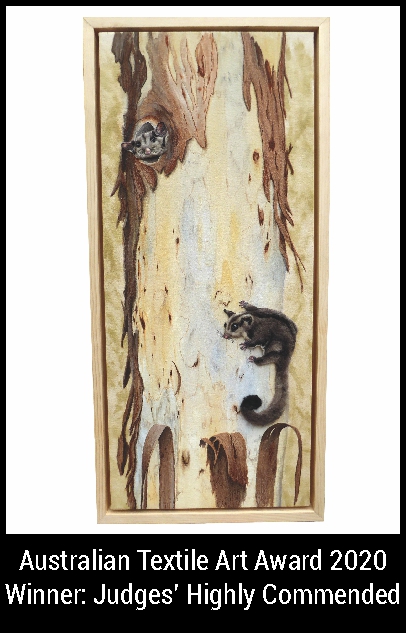
“Time to glide!” by Karen McGregor. December 2019. 95 x 44 x 4cm. Materials and Techniques: Acrylic painting, thread painting, hand appliqué, needle felting, 50wt cotton thread, 100wt silk thread, merino wool, tulle, water-soluble fabric, wool felt.
The winner of the Judges’ Highly Commended prize, sponsored by Segue Financial Services, impressed the judges on all levels. Beautifully designed and executed, drawing people into the story developing in the artwork, this artist used painting with both threads and paint, appliqué, and needle felting to create her piece. Winner: “Time to glide!” by Karen McGregor.
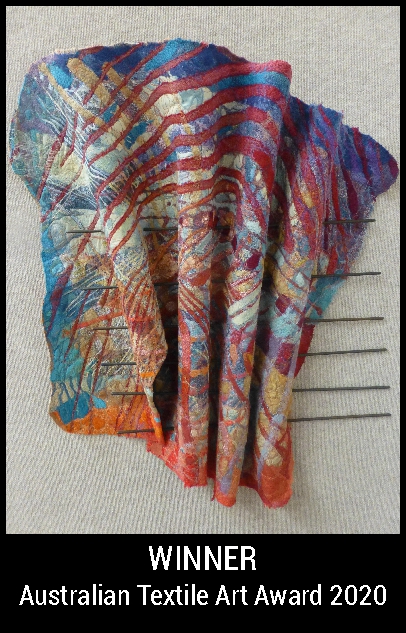
“A fragment, a moment no. 3” by Paula Martin. January 2020. 100 x 95 x 10cm. Materials: Wool, cotton, silk, handmade paper, paint, wood. Techniques: Machine embroidery, appliqué and stitch, sculpted and pierced textile.
The winner of the major award, the $2000 Australian Textile Art Award sponsored by ArtWear Publications, was an artwork which when seen in the flesh, immediately drew each of the judges to it. Quite simply put, it was stunning. It was created using machine embroidery, appliqué and stitch, and is a sculpted artwork comprised of many layers when you look closely into its surface. Winner: “A fragment, a moment no. 3” by Paula Martin.
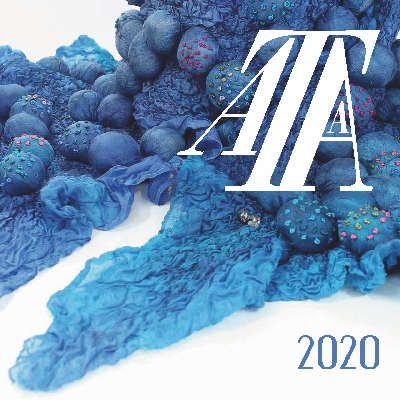 Each of the chosen finalist artworks has been published in the book Australian Textile Art Award 2020, along with all artist statements and information regarding each of the works. It also contains profiles of and artworks by the three judges. The book is a great reference book for all textile artists and may be purchased HERE.
Each of the chosen finalist artworks has been published in the book Australian Textile Art Award 2020, along with all artist statements and information regarding each of the works. It also contains profiles of and artworks by the three judges. The book is a great reference book for all textile artists and may be purchased HERE.
In looking over the chosen 60 artworks, there may be some that raise the question regarding being “textile”. The judges were aware of this and hoped it would raise some discussion, as it did amongst themselves. When is a textile not a textile? What is a textile? From Wikipedia: A textile is a flexible material consisting of a network of natural or artificial fibres. Textiles are formed by weaving, knitting, crocheting, knotting, tatting, felting, or braiding. Contemporary textile artists would probably also add stitching, fusing, melting, gluing and a few other techniques.
When viewed all together, it is obvious we have a thriving, talented community of contemporary textile artists here in Australia and it is wonderful that we have a new opportunity through which to showcase their talent.
We are looking forward to the next ATAA in 2022 – planning is under way, so keep an eye out on the Facebook page and the website page – we are looking to have entries due in January 2022 and the exhibition at The Embroiderers Guild, Victoria in late March 2022.
In the mean time, please enjoy looking through further photos from the Australian Textile Art Award 2020 exhibition (click on photos to enlarge):
no images were found
And, here are each of our finalist artworks (again, click on photos to enlarge – more details on each artwork and the artists are in the ATAA 2020 book):
(Note: 2021 sees the ATAA’s “sister” award, the Australian Fibre Art Award being run for the first time. More information HERE.)
Thank you to our sponsors for the ATAA 2020:
Publishers of Australia’s own well respected craft and lifestyle magazines: Embellish, Felt, Yarn, Textile Fibre Forum and Vintage Made.
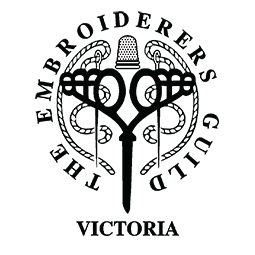 The Embroiderers Guild, Victoria
The Embroiderers Guild, Victoria
The home of friendly and enthusiastic stitchers of both traditional and modern embroidery.
*************************************************************************

A privately-owned Australian company offering financial advice services which helps clients from all kinds of backgrounds navigate complex problems and transition to new phases in their life. Key areas of expertise include strategic retirement planning; aged care advice; administering self-managed super funds; and creating long-term investment portfolios.
*************************************************************************

*************************************************************************
Genesis Creations
Tantech
Tafta Inc
*************************************************************************
Snowy Creek Engineering
The Thread Studio
*************************************************************************


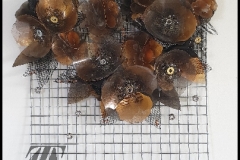
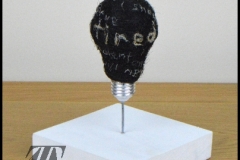
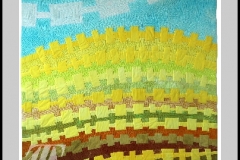
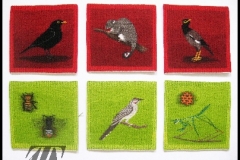
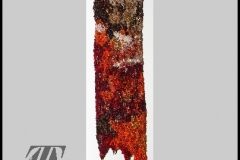
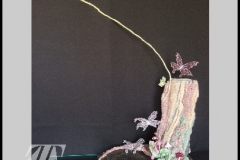
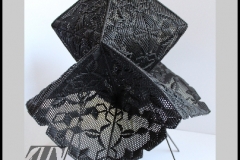
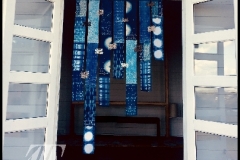
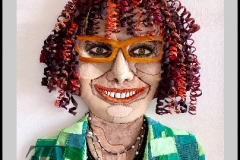
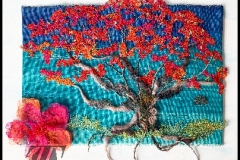
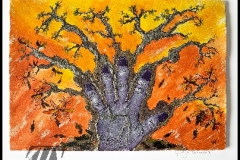
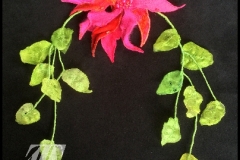
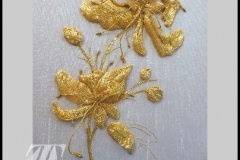
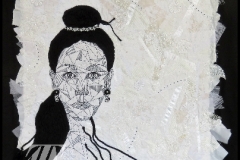
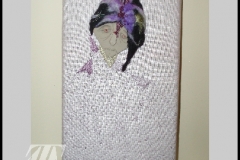
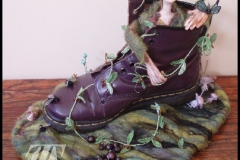
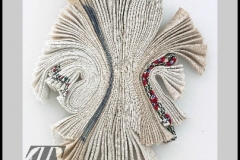
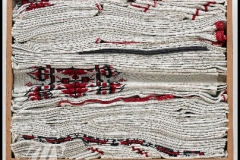
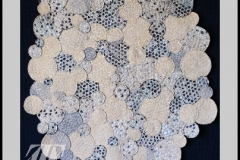
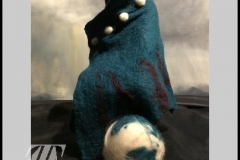

No Comments